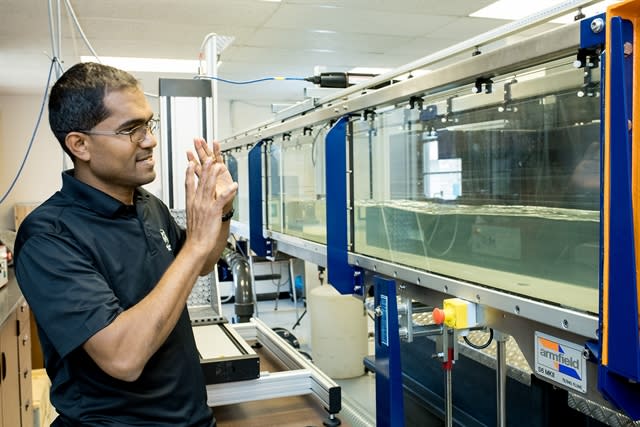BobM3
Mechanical
- Mar 27, 2005
- 670
I know that if I just replace brake pads without machining the rotor the new pads will not last long. What does the machining do to the surface that allows the pads to last longer? Is there a certain roughness that is needed on the machined surface?




